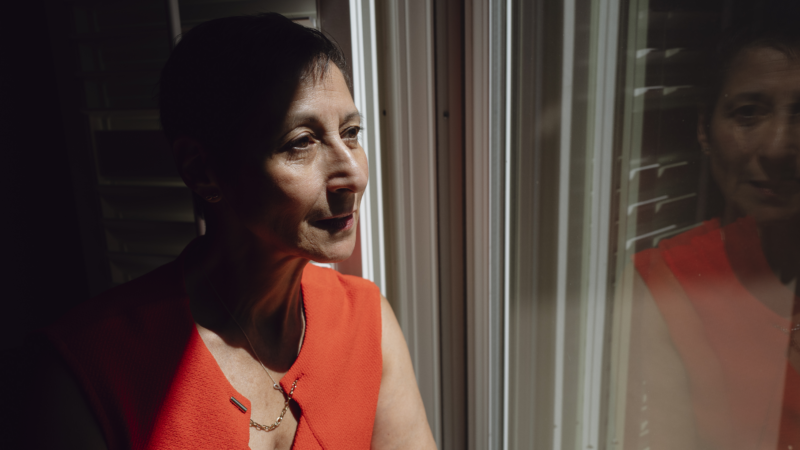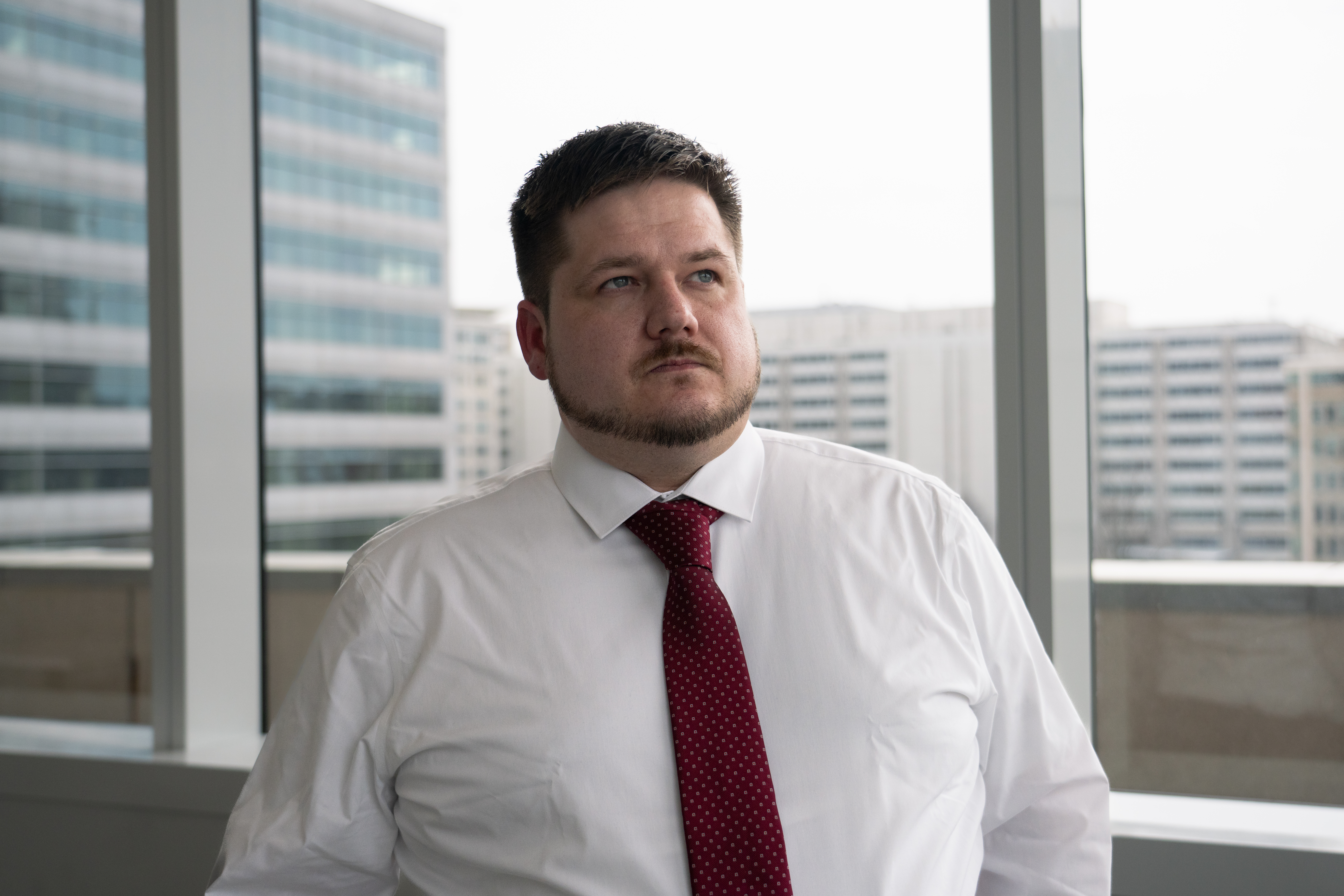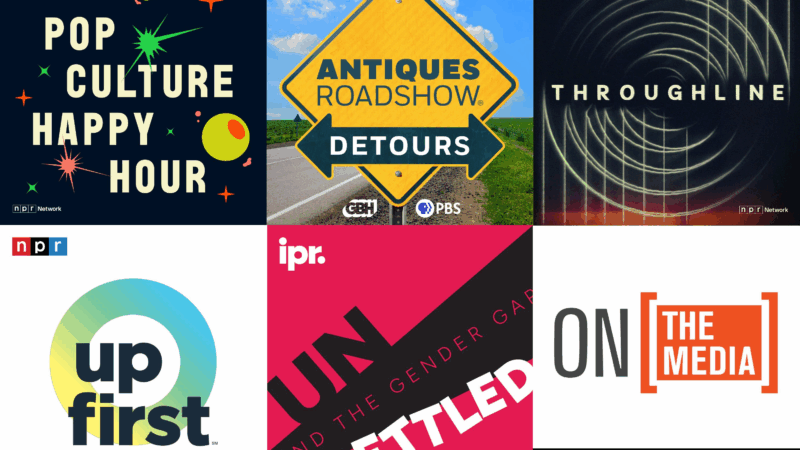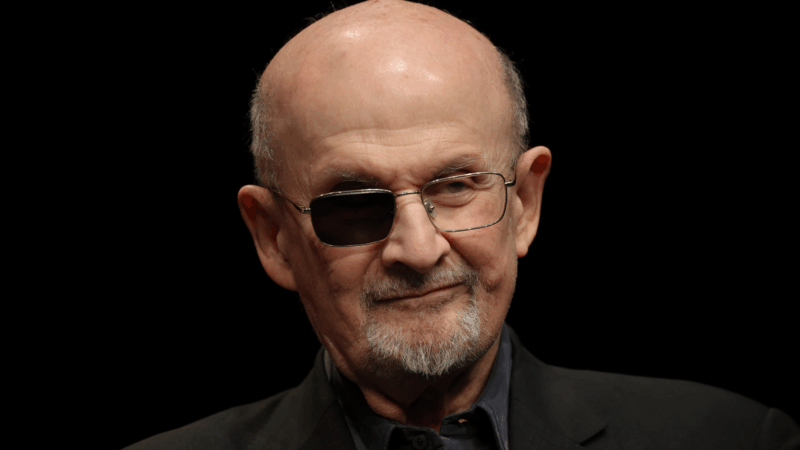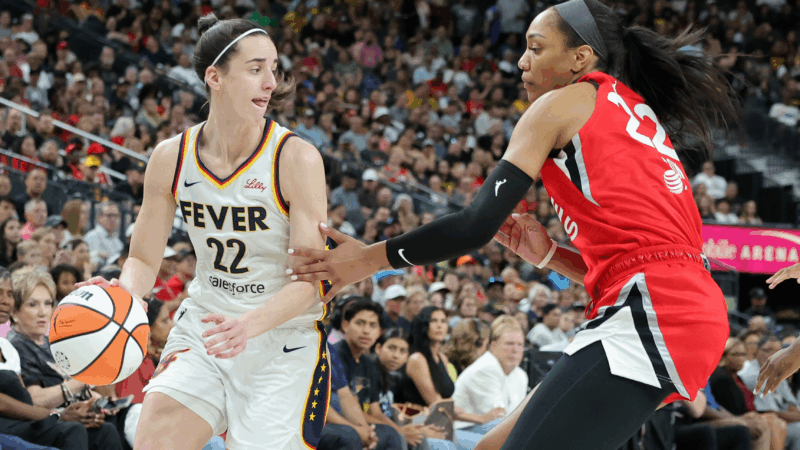Alzheimer’s was taking her memory, so she started taking a new drug
Read part 1 of Jon’s story.
Drugs can’t stop Alzheimer’s disease yet. But sometimes, they can slow it down.
“Things have just plateaued,” says Myra Solano Garcia, 66, who developed memory problems in her 50s, and was diagnosed with Alzheimer’s four years ago.
“I can drive. I can take care of the house, I can cook,” she says, “all of that normal stuff that people do.”
Solano Garcia credits the drug donanemab, which she began taking as part of a clinical trial at the University of Southern California.
The Food and Drug Administration approved the drug, now marketed as Kisunla, in July of 2024. It’s one of two drugs approved since 2023 that can clear the brain of sticky amyloid plaques, one of the hallmarks of Alzheimer’s.
But there is no way to know whether Kisunla is the reason Solano Garcia can still do so much.
“We don’t have the ability to say because you’ve taken the medication, you haven’t declined,” says Dr. Lon Schneider, a professor at USC’s Keck School of Medicine who oversaw the donanemab trial there.
Both Kisunla and the other approved drug, Leqembi, have been shown to slow down the mental decline of Alzheimer’s by more than 25%. But that’s in a group of patients—an individual may do much better, or not be helped at all.
A life, interrupted
Solano Garcia grew up in New Jersey as part of a Cuban-American family with lots of singers. She studied piano and voice in college. As a young adult, she made singing her career.
“I played Maria in West Side Story in summer stock,” she says. “I performed at Carnegie Hall and Fisher Hall.”
Later, she moved to California and ran fundraising campaigns for colleges and universities.
It was in her early 50s that Solano Garcia began noticing problems with her memory.
A doctor told her she had attention-deficit/hyperactivity disorder, and for years she mistakenly thought that was the problem. But her memory kept getting worse.
The turning point came during COVID, when she started a new job.
“Three months in, I realized I couldn’t do the work,” she says. “I couldn’t remember the people’s names. I couldn’t do the technology.”
So Solano Garcia went to a neuropsychiatrist, who diagnosed her with Alzheimer’s disease and referred her to doctors at USC.
“They asked, ‘Would you like to be part of the [donanemab] trial?’ and I said, you bet I would,” she says.
A brain cleared of plaques
Solano Garcia began going in for monthly infusions, which she didn’t mind, and mental tests, which she found frustrating. When the trial ended, she opted to continue taking the drug.
It hasn’t restored her memory or thinking.
But Solano Garcia says she isn’t getting worse, at least not very quickly. Also, scans show that the beta-amyloid plaques that had built up in her brain are mostly gone.
That means she may be able to stop getting infusions of Kisunla.
Studies showed that it’s safe for doctors to “treat until plaques are down to normal and then stop, and perhaps re-treat if plaques begin to grow back,” USC’s Schneider says.
This option is one of the key differences between Kisunla and Leqembi, which was administered throughout its clinical trials.
So at USC, doctors have a weekly meeting to discuss how patients are doing on Kisunla, and whether they might be candidates to stop taking the drug.
Solano Garcia says doctors told her she’s one of those patients.
“I’m almost done with the infusions, so it’s really exciting,” she says.
Still no cure
Solano Garcia knows her brain is not what it once was.
“I don’t do well with numbers,” she says. “I have difficulty remembering names. My poor husband, I forget what he tells me.”
She’s not able to return to her fundraising career. And she has lost much of her command of the piano.
So Solano Garcia maintains her household, runs errands, and volunteers with the Alzheimer’s Association.
She also makes a weekly visit to a local memory care, where she sings for, and with, the residents.
“We start out with the Star Spangled Banner, and we do some movie songs,” she says, and “Coming ‘Round the Mountain.”
Solano Garcia says she’s learned a lot from people in the unit, most of whom have advanced Alzheimer’s.
“It’s humbling because they used to know all of this music,” she says. “And I know that as time goes, I’ll be just like them.”
But she’s hoping that Kisunla will postpone that day.
Labor watchdog opens investigation into DOGE whistleblower claims after NPR reporting
DOGE employees demanded the highest level of access to the labor agency's systems, according to a whistleblower and reporting from NPR. The whistleblower said sensitive data then left the agency.
From summer blockbusters to antique auctions, check out these new podcasts
Podcast releases are in bloom this month. The NPR One team gathered a few recommendations of returning favorites and fresh releases from across public media for your playlist.
Legislative session ends with debate over police immunity bill
The Alabama legislative session wrapped up this week, but not before some contentious debate in the final hours on Wednesday night. The bill at hand was one that would expand legal immunity to police officers under certain circumstances. That's where we start our final legislative update of the session with Todd Stacy, host of Capitol Journal on Alabama Public Television.
Man who attacked author Salman Rushdie is sentenced to 25 years in prison
Hadi Matar got the maximum sentence for attempted murder. He was found guilty in February for repeatedly stabbing author Salman Rushdie during a 2022 lecture and wounding another person on stage.
Bikes and bakeries are back: War-torn Khartoum struggles to rebuild
Government forces retook the capital city from rebel troops in April. Now comes the task of rebuilding what was once a bustling metropolis on the Nile.
As the WNBA season tips off, here are 4 of our biggest questions
Will a new-look Indiana Fever contend in Caitlin Clark's second year? Will A'ja Wilson win a record 4th MVP? And the biggest question of all: Can the league as a whole build on last season's success?

